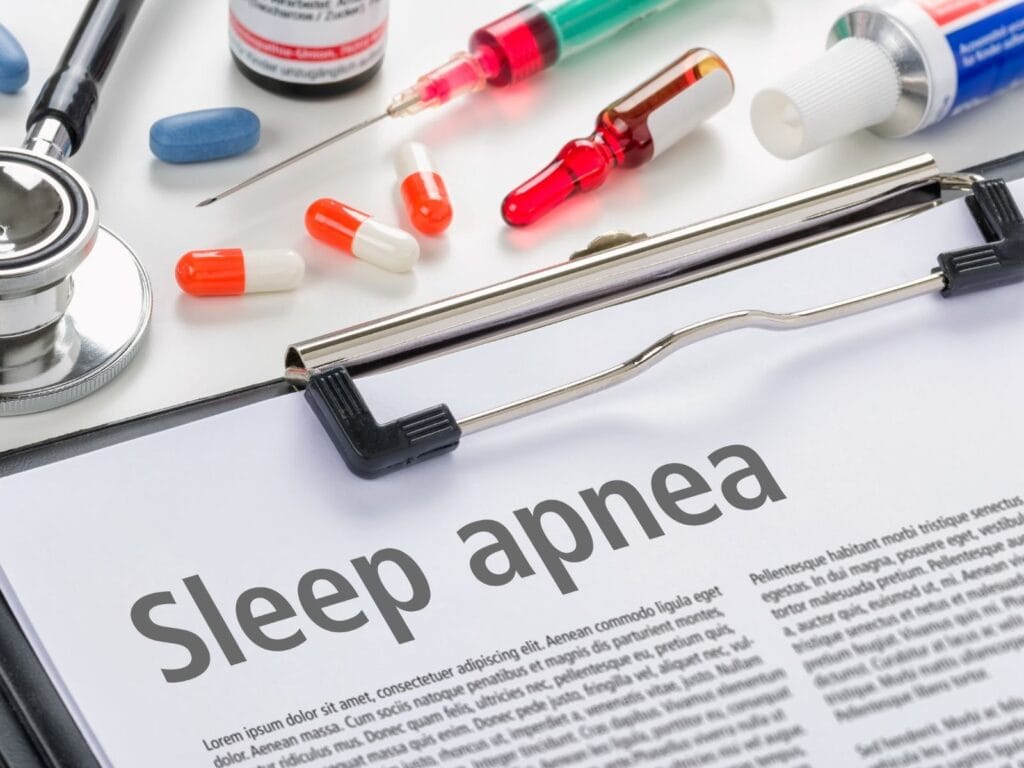Sleep Apnea Treatment
Chicago Sleep Apnea Therapy and Treatment

Untreated, sleep apnea can cause high blood pressure and other cardiovascular disease (stroke), memory problems, weight gain, impotency, heartburn, depression and headaches. Oral appliances can be worn in the mouth to treat snoring and OSA. These devices are similar to orthodontic retainers or sports mouth guards.
Is It Sleep Apnea?
For many sleep apnea patients, their spouses are the first ones to suspect that something is wrong. It’s usually noticed from their heavy snoring and apparent struggle to breathe. Co-workers or friends of the sleep apnea victim may notice that the individual falls asleep during the day at inappropriate times (such as while driving a car, working or talking). The patient often does not know he or she has a problem and may not believe it when told. It is important that the person see a doctor for evaluation of the sleep problem.
Treatment Options
The specific therapy for sleep apnea is tailored to the individual patient based on medical history, physical examination and specific tests. Medications are generally not effective in the treatment of sleep apnea. Oxygen administration may safely benefit certain patients, but does not eliminate sleep apnea or prevent daytime sleepiness; therefore, the role of oxygen in the treatment of sleep apnea is controversial and it is difficult to predict which patient will respond well. It is important that the effectiveness of the selected treatment be verified.
Physical or Mechanical Therapy
Nasal continuous positive airway pressure (CPAP) is the most effective treatment for sleep apnea. In this procedure, the patient wears a mask over the nose during sleep and pressure from an air blower forces air through the nasal passages. The air pressure is adjusted so that it is just enough to prevent the throat from collapsing during sleep. The pressure is constant and continuous. Nasal (CPAP) prevents airway closure while in use, but apnea episodes return when (CPAP) is stopped or used improperly.
Variations of the (CPAP) device attempt to minimize side effects that sometimes occur, such as nasal irritation and drying, facial skin irritation, abdominal bloating, mask leaks, sore eyes and headaches. Some versions of (CPAP) vary the pressure to coincide with the person’s breathing pattern, and others start with low pressure slowly increasing it to allow the person to fall asleep before the full prescribed pressure is applied.
Dental appliances that reposition the lower jaw and the tongue have been very helpful to some patients with mild to moderate sleep apnea or who snore but do not have apnea. A specially trained dentist is the best provider to fit the patient with such a device.


